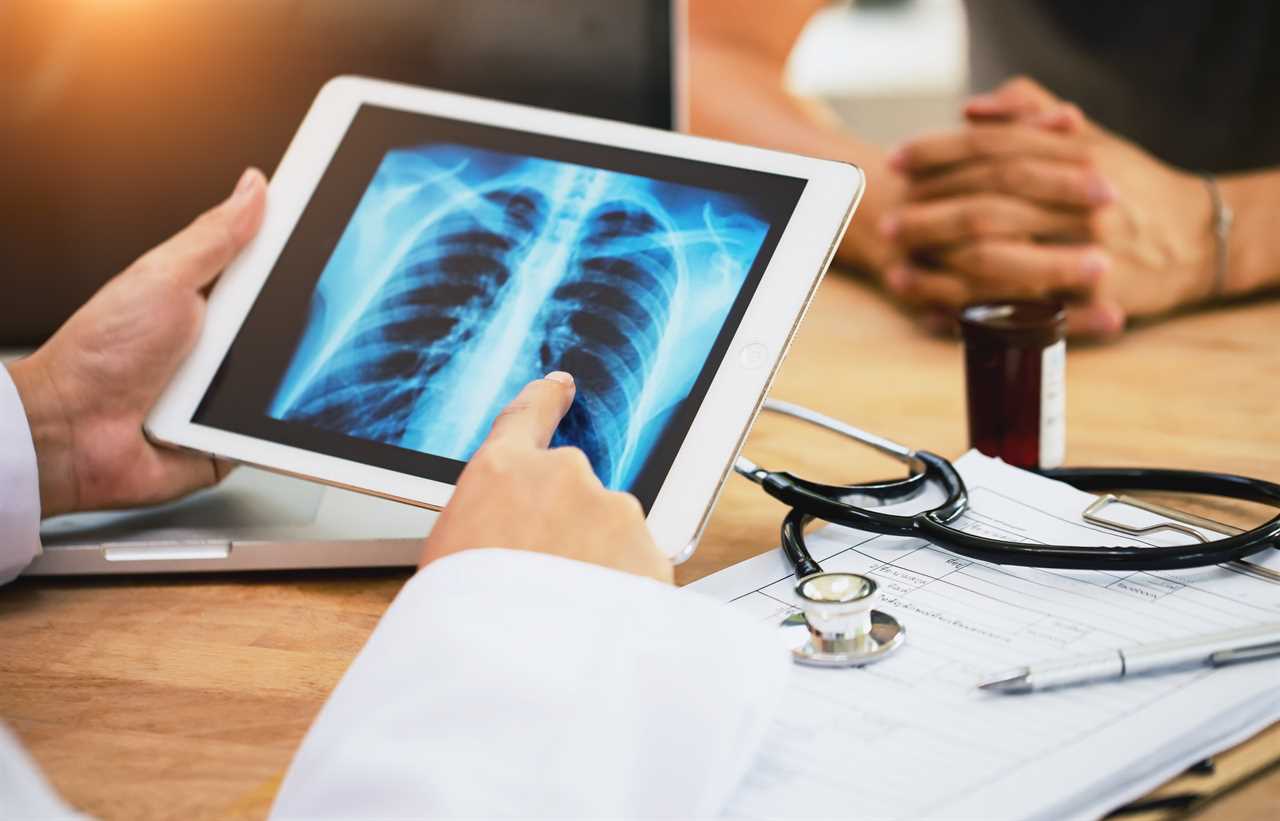KILLER cancer symptoms are being mistaken for coronavirus with experts worrying that sick patients aren’t receiving the treatment they need.
The NHS states that the key symptoms of Covid-19 are a new persistent cough, a loss of taste and smell and a high temperature.

But various studies have shown that alongside these symptoms, many people also suffer with fatigue and shortness of breath, which can overlap with lung cancer.
There are around 48,500 new lung cancer cases in the UK every year, equating to 130 every day.
It’s the third most common cancer in the UK and the second most common cancer in women.
Early diagnosis is key for any cancer and the sooner it’s spotted, the faster specialists can treat the patient.
Experts at Cancer Research UK have now said that urgent action is needed and that people with symptoms of lung cancer should come forward.
The charity said that since the pandemic, the number of people seeing specialists for the cancer is 10 per cent lower than expected.
Data from NHS England shows that 560 fewer people were seen by a specialist following an urgent lung cancer referral in November 2021.
In it’s own polling, Cancer Research UK found that many GPs were concerned with the number of people who were coming forward with suspected lung cancer.
The results of the poll showed that 74 per cent of GPs believed this was because patients had not been presenting to primary care.
Other GPs said that patients were reluctant to go to hospital due to the worries around coronavirus.
Cancer Research UK’s head of early diagnosis, Dr Jodie Moffat said the pandemic has made things challenging when it comes to catching lung cancer cases.
“For lung cancer in particular it does seem to be one of those cancers where for some people, delays of days and weeks really could make a difference”, she told The Times.
She added that before the pandemic, diagnosis had been fast.
The charity states that 85 per cent of people should start treatment within 72 days of an urgent GP referral.
In November, this figure was just 59 per cent, one of the worst rates on record.
Cancer Research UK said that this meant that around 13,700 patients had experienced delays in treatment.






